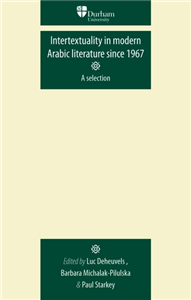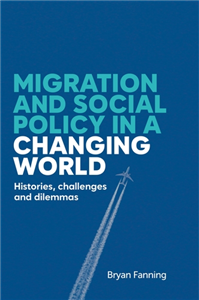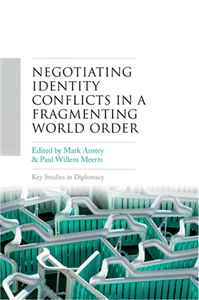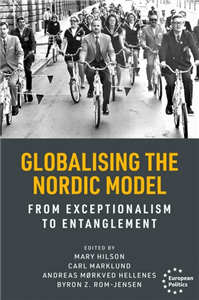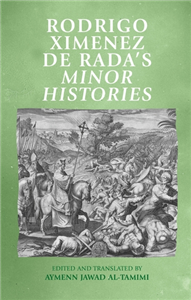Masr El Arabia for Publishing and Distribution
We are Masr El Arabia for Publishing and Distribution, an Egyptian publishing house located in Cairo – Egypt. Established in 1977 with a focus on distribution and few but carefully selected titles. In 2007 we decided to shift more to publishing and started with academic books then lately we added a new line which is translated literature, we care most about the quality of the work and we managed to present many foreign authors for the first time to the Arab readers such as Goncalo Tavares, Immanuel Mifsud, Reiner Englemann, Julian Fuks, Kelly James Clark and others, also we managed to publish the Nobel laureate Svetlana Alexievich (Chernobyl Prayer) 2015, Jo Nesbo and many others during the past few years. We would like to mention that prior to the publishing house, we established Al Thaqafa Al Jadeeda Bookshop in the United Arab Emirates (Abu Dhabi) which was one of the first book shops in the country. We participate in almost all the Arab book fairs, and we have our books distributed in every Arab country through the major bookshop chains and local distributors.
View Rights Portal



